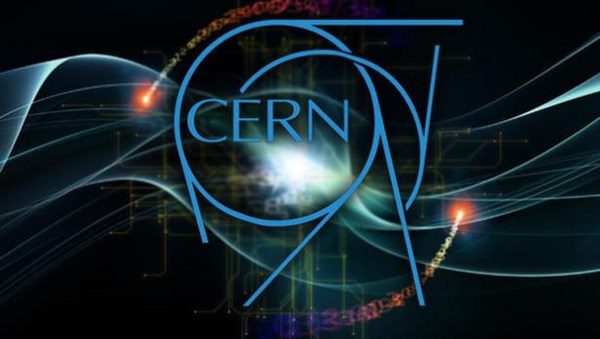Ukraine became CERN member before Russia
Ukraine has become an associate member of the European Organization for Nuclear Research (CERN). According to CERN, Russia still has an observer status in the world’s leading laboratory for particle physics.
Associate membership will allow Ukraine to participate in tenders for the supply of high-tech equipment at CERN, on the same level as member countries of the organization.
“Our persistent and consistent work over the past two decades has been completed today with a remarkable event. Ukraine has been granted a CERN Associate Member status. This is an extremely important step towards the European integration of Ukraine,” according to the permanent representative of Kyiv to the United Nations in Geneva, Yurii Klimenko.
The agreement on associate membership was signed in 2013 and ratified by the Verkhovna Rada in 2014. The country's accession to CERN was made possible after an approximate contribution of $250,000 to the organization.
Scientific, educational and human resource policies, as well as CERN's funding, is determined by its regular and associate members. The only difference between the former and latter status is the amount of financial participation. The type of status very seldom influences the ability to make decisions on issues.
The press release of the organization notes that there is a long history of relations between Ukraine and CERN, having begun since the cooperation of the organization with the Joint Institute for Nuclear Research (JINR), of which Ukraine is a member.
The JINR, which is situated in Dubna near Moscow, takes an active part in the work of collaborations at CERN. However, the Russian Federation still only has an observer status in this organization.
Russia had applied for associate membership at CERN in 2013. “The question left the sphere of science and science policy, and is in the sphere of foreign policy,” Dmitry Livanov, who then held the post of the head of the Ministry of Education and Science, commented in 2015.
The Large Hadron Collider, which is located at CERN on the border of France and Switzerland, is the world’s largest particle accelerator. In 2012, the experts of the organization reported on the discovery of a particle with the properties of the Higgs boson.
The collider ceased operations on the 14th of February 2013 after conducting experiments, and launched again in 2015 after it was upgraded.
CERN currently has 20 regular members and three associated members.
